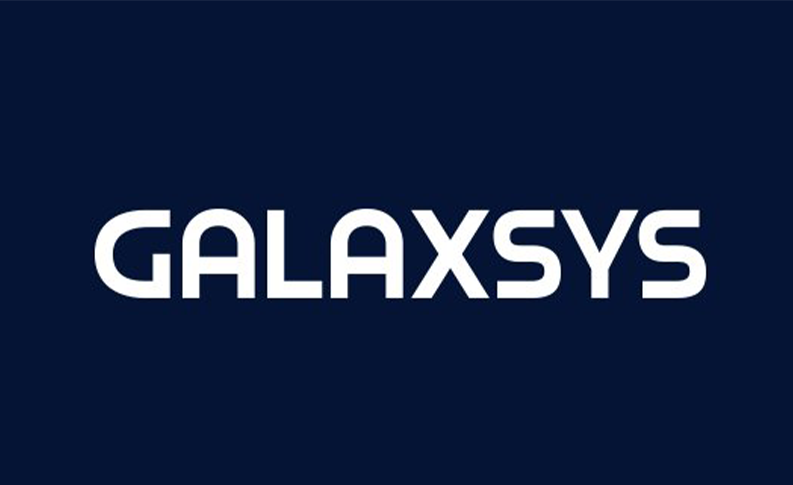PwC completed an analysis for the Betting and Gaming Council (BGC). Tighter regulation and higher taxes across European iGaming markets coincide with slower growth, declining channelisation, and reduced tax efficiency. October’s report examined 17 European jurisdictions comparable to the UK. Tax and regulatory policies influence market behaviour, player migration, and government revenues.
The UK’s gambling tax and regulatory framework now broadly matches European average levels. 2014 policy changes transformed the market landscape. Remote Gaming Duty rose from 15% to 21% of gross gaming revenue (GGR) in 2019. New affordability checks placed the UK within the “stable” market group. UK tax rates reach 25% for horse racing currently. Casino gaming faces 21% rates. Sports betting carries 15% taxes.
Restrictive Regulations Linked to Slower Gambling Market Growth
PwC discovered that countries with restrictive regimes recorded lower onshore gambling activity and slower growth. France, Germany, and the Netherlands exemplify this pattern. Western European markets, with increasing taxes, averaged 6% annual GGR growth between 2019 and 2024. Countries maintaining or reducing tax rates achieved 17% growth. Central and Eastern Europe showed stronger but variable growth. Regulations remain less stringent there.
Tax increases or new regulatory restrictions triggered operator responses within one year. 13 of 19 major operators reduced gaming bonuses as a percentage. 15 of 21 cut marketing expenditure. Betting gross win margins increased as operators raised them. Player returns dropped effectively. France and Spain saw bonuses fall by 47% after new advertising rules. Germany introduced a 5.3% turnover tax, causing a decline in game availability. Online slots and poker tax receipts declined 50%.
Consumer Behaviour Shifts with Regulatory Changes
These adjustments directly affect consumer behaviour according to PwC findings. Price, bonus offers, and operator trust rank as key platform selection factors for players. The top 5% of players generate roughly 80% of all stakes. High-spending users show sensitivity to reduced value and restrictions, especially. Multiple jurisdiction surveys revealed 40% to 53% of players consider using unlicensed sites. France and Germany see roughly half of active online gamblers betting offshore now.
Higher gambling tax rates above 25% of GGR fail to yield proportionally higher tax revenues. The report reached this conclusion. Lower-rate jurisdictions experienced 13% average annual gambling tax receipt increases. High-tax markets achieved just 9% growth. The Netherlands raised rates from 30.5% to 34.2% this year. Regulators expect 9% annual revenue drop despite the increase.
PwC findings highlight the need for a pragmatic balance between consumer protection and fiscal policy. Avoiding player migration toward unregulated markets challenges policymakers across Europe continuously. The UK Gambling Commission reported inadequate black market size determination last week. Confirming or denying assertions about increased restrictions and taxes leading to reduced channelisation remains impossible.

 Companies
Companies 





